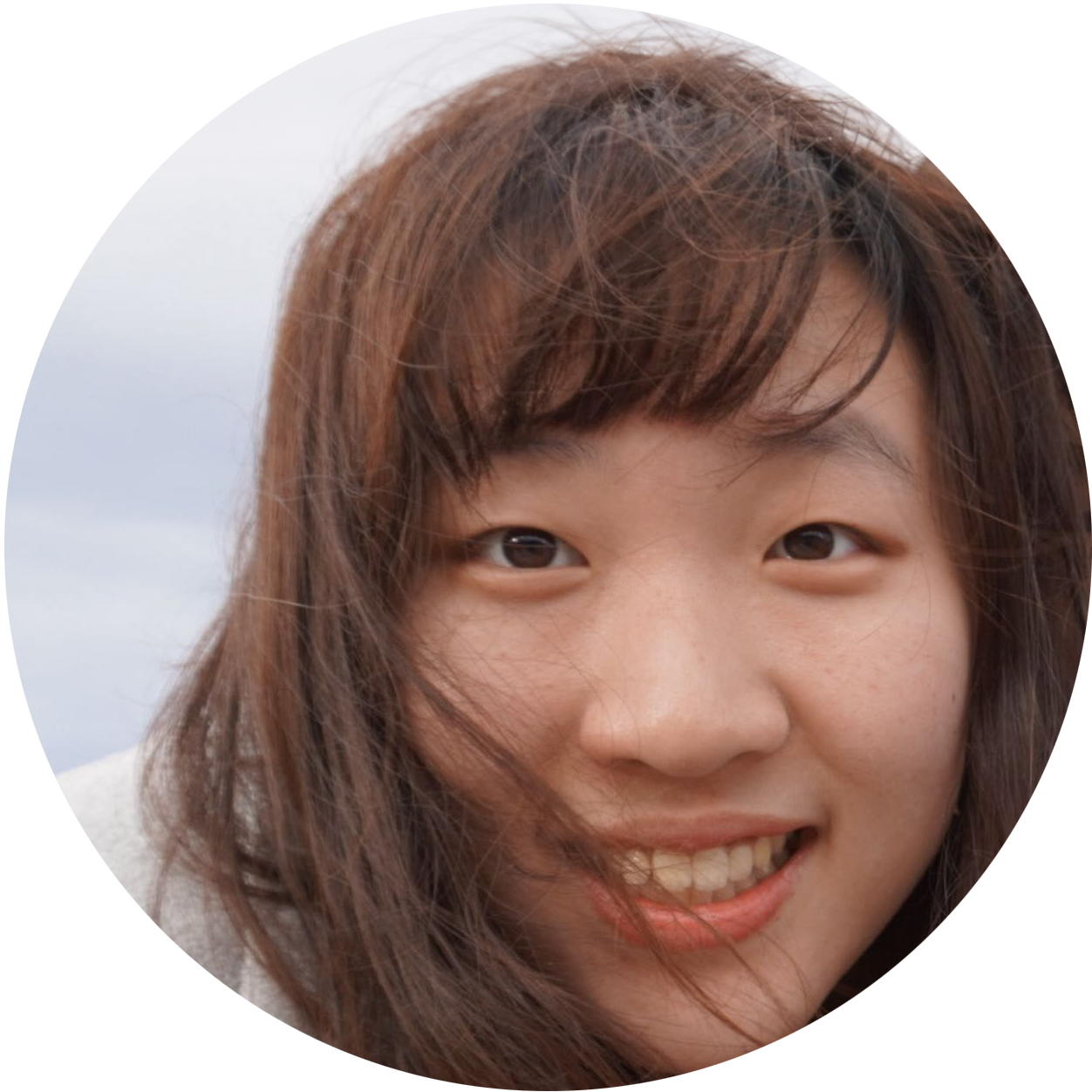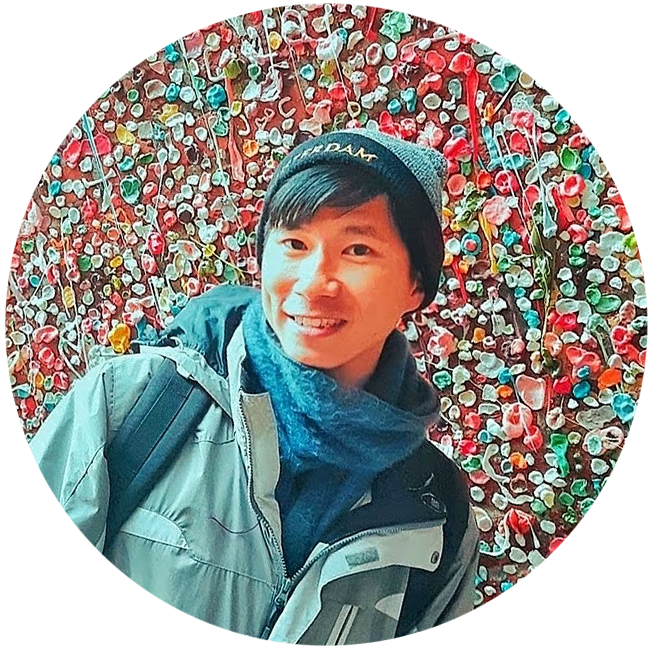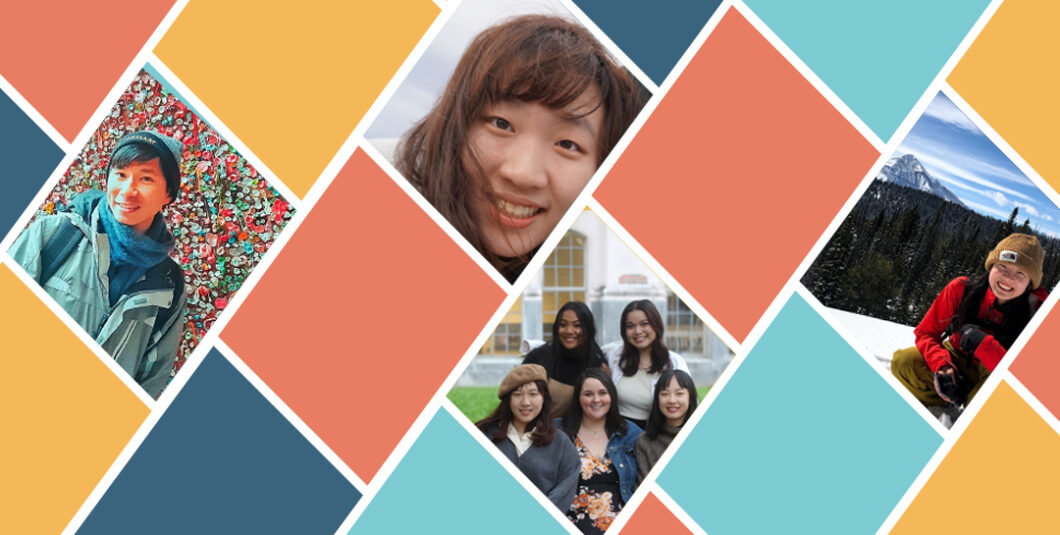Embarking on a journey to pursue education in speech-language pathology as an international student can be both exciting and daunting. From choosing the right program to navigating clinical experiences and considering future career paths, there are numerous factors to consider. To explore the lived experiences of international students, I will share some of my experiences—and we’ll also hear from two of my international peers.

Shannon Xu (she/her)
First-year speech-language pathology master’s student at the University of Washington

Jiahe Zhang (she/her)
First-year speech-language pathology master’s student at the University of Wisconsin–Madison
Hometown: Dalian, China

Edward Yang (he/him)
Current post-baccalaureate student and incoming master’s student at the University of Washington
Hometown: Taizhong, Taiwan
In this blog post, we’ll delve into the experiences of international students in speech-language pathology education—highlighting our motivations, education, and clinical experiences in the U.S. We will also provide advice and resources for future international applicants—and potential considerations about entering the field.
Motivations for Pursuing Speech-Language Pathology Education in the U.S.
International students, like me, choose to pursue speech-language pathology education in the U.S. for various reasons. My international peers all have very different experiences, so I hope to use this blog as a space to share our perspectives and provide more resources for future international students.
Shannon: I went to a U.S. college for undergrad, wanting to become a bilingual teacher. Later, I became more interested in linguistics and psychology research and found the field of speech-language pathology to be a perfect place to integrate my interdisciplinary knowledge.
Jiahe: In my case, the speech-language pathology major in my home country (China) was underdeveloped, and I sought more systematic and scientific training to enhance my clinical and research skills.
Edward: I wanted to combine my interests in language and medicine, which led me to explore speech-language pathology as a viable career path. While studying in my home country (Taiwan) was an option, the wealth of knowledge and resources available in the U.S. and the reputation of U.S. programs ultimately influenced my decision to study abroad.
Clinical Experiences and Challenges
Shannon: I have enjoyed most of my clinical experiences so far. I am fortunate to have supervisors and peers who provide lots of support and guidance. One area of challenge is to recognize that my experience as a bilingual speaker might be different from [that of] my monolingual clients, which can impact the distinction between differences and disorders. For example, I did an evaluation on a pediatric client with a suspected stutter who had some sporadic tension during conversations. Personally, it was hard for me to recognize the tension because I sometimes experience that myself as a non-native speaker of English. Luckily, my supervisor was very patient; she listened to my opinion and helped me clarify the distinction by explaining the reasoning for her judgments.
Jiahe: In my first year, I was fortunate to have placements that aligned with my interests, although adapting to the clinical setting posed challenges. I faced some issues such as language barriers and self-disclosure about my identity, so sometimes I am more careful about establishing client rapport and providing culturally relevant treatment. However, through perseverance and support from my supervisors, I gradually got used to the clinical environment and honed my skills.
Future Plans and Concerns
Edward: Looking ahead, I want to work predominantly with adults in medical settings. While there are still uncertainties about job security and cultural/linguistic adaptation in the U.S., I remain optimistic about leveraging my diverse background to contribute meaningfully to the profession. Although I still consider the possibility of returning to Taiwan, I am concerned about market saturation and the need for further certification.
Shannon: I plan to stay in the U.S. and gain more clinical and research experience before eventually returning home. My short-term goal after graduation is to become a well-rounded and competent clinician in many different settings. I also hope to eventually get a PhD and keep contributing to the field by conducting clinically applied research. Like Edward, I share his apprehension regarding securing a work visa and operating within medical environments, given that hospital positions typically necessitate citizenship. I am also worried about applying the skills I learned in English to my native language and providing therapy to monolingual Chinese populations.
Advice for Future International Applicants
Jiahe: Remember: You are unique. For prospective international students, learning to self-advocate and embrace your identity is very important. Don’t be afraid to communicate with your supervisors about concerns and seek clarification. While we might face more self-doubt about our language barriers or “accents,” sometimes we have a better grasp of the English language than native speakers. For example, as we may have learned English more prescriptively, it may be easier for us to explain the grammatical structures to our clients. As international students, we are also sharing our valuable cultural and linguistic diversity and advancing the field in both our home country and the U.S.
Resources for Graduate School Applications
Jiahe: Navigating the landscape of graduate school applications as an international student can be challenging due to information gaps and unfamiliarity with program quality. Prior to coming to the U.S., I relied on resources such as the U.S. News website to learn about different programs. However, I realized that the ranking does not give you the full picture. For me, participating in a 1-year post-baccalaureate program at the University of Washington provided invaluable access to information and mentorship within the department. Being in the U.S. also helped me choose a suitable graduate program and prepared me for graduate school.
Shannon: If you are an international applicant, here are some resources to help you decide which programs to apply to—and potential funding opportunities:
Deciding on a Program
- To find a list of ASHA-accredited graduate programs, go to ASHA Edfind.
- For more information about choosing the programs, refer to this NSSLHA blog post.
- Consider a post-baccalaureate program: Some post-bacc programs require a full year of in-person instruction, and you will need to apply again for the master’s program. There are also online options, and some schools offer a 3-year program (1 year post-bacc + 2 years master’s), so you are guaranteed admission to their master’s programs.
- Talk to graduate program advisors, or attend a prospective student day. If you are interested in a graduate program in the U.S., most programs will host what is known as “prospective student days” or offer one-on-one appointments with a graduate advisor to answer any potential questions.
- Regularly read about speech-language pathology programs via the U.S. News website. However, I would take the ranking with a grain of salt—the best-ranking programs are not necessarily the best fit for you.
Reviewing Program Requirements
- Review some of the requirements of graduate school applications. Note that different programs may have different requirements, so I encourage you to look at the specific requirements for each program.
- Find out about observation hours: ASHA requires the students to obtain 25 hours of observation supervised by a certified speech-language pathologist (SLP). If you are unable to obtain those hours in your home country, please contact your program’s graduate advisor. Usually, they can help you arrange some observation during your master’s program in the U.S.
Scholarship Opportunities for International Students
- You can consult the following ASHA and NSSLHA web resources to obtain information about scholarship opportunities for international students:
- ASHFoundation International Graduate Student Scholarship
- ASHA Minority Student Leadership Program (MSLP)
- NSSLHA scholarship resource list
- You can also search your program’s website for more scholarship and funding opportunities within the program.
Conclusion
Becoming an SLP as an international student entails navigating myriad challenges and opportunities. From selecting the right program to becoming a confident and competent practicing SLP and researcher, each step of the journey offers valuable insights and growth. By sharing our experiences and cultivating an international community, we can collectively strive toward excellence in the field of speech-language pathology—enriching the lives of individuals with communication disorders worldwide.

